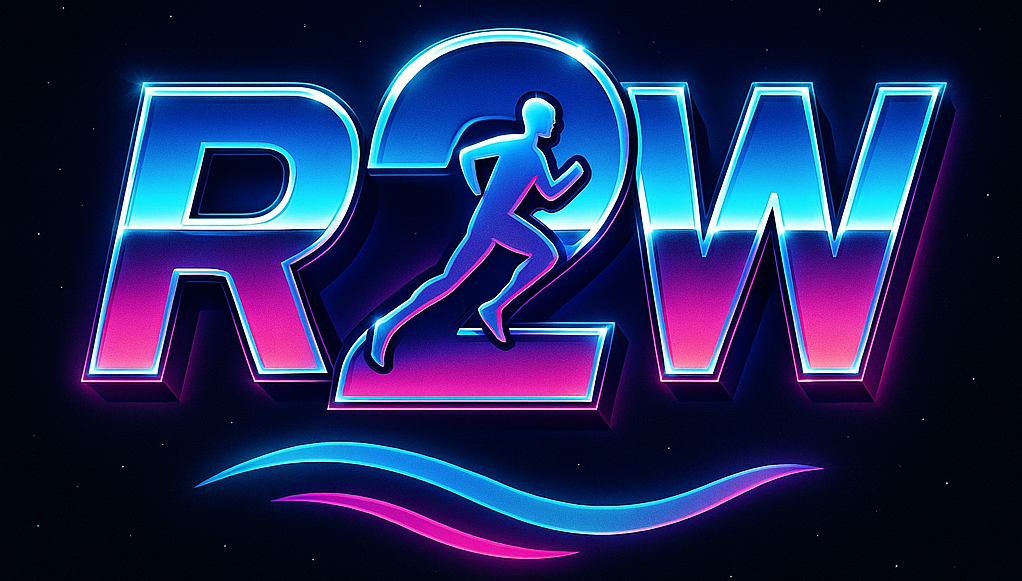Understanding how nutrition and running work together can unlock amazing potential for mental wellness. Carbohydrates play a major role here, providing the energy both your body and brain need during exercise. Without enough carbs, you might find your mood and motivation taking a hit.
Proteins are the building blocks not just for muscles but for your brain too. They help in synthesizing neurotransmitters like serotonin, which is key to feeling good and keeping the blues at bay. Imagine them as the behind-the-scenes team making sure you’re mentally sharp and emotionally balanced.
Don’t overlook fats. The right kind—like those omega-3s—are essential for brain health. Think of them as the cushion that keeps your mental gears running smoothly and reduces inflammation that could mess with your head.
Vitamins and minerals are like the unsung heroes in your diet. B vitamins, magnesium, and zinc show up big time for your mental and emotional health. They help regulate mood and reduce anxiety; so loading up on leafy greens or nuts can make a noticeable difference.
Dietary fiber and probiotics keep your gut in check, which science says is linked to mental health. A happy gut means a happy mind, thanks to the gut-brain connection that’s getting a lot of buzz these days.
The serotonin connection is the magic string tying nutrition to mental well-being. Foods rich in tryptophan, like turkey and nuts, are great serotonin boosters.
Crafting a balanced diet isn’t just good for your waistline; it’s crucial for brain and mental health too. Aim for colorful plates and whole foods—anything less might shortchange your mental game.
The Synergy of Nutrition and Exercise: Enhancing Mental Health
- Nutrition and exercise are like the dynamic duo when it comes to boosting mental health. They work hand in hand to optimize your mood, focus, and general well-being. Think of them as teammates on your mental health journey.
- Regular exercise, like running, gets those endorphins flowing, making you feel happier and less stressed. But there’s more to it. Ever wondered how your diet ties into this? A good mix of nutrients supports your exercise routine, kicking those mental health benefits up a notch.
- Diet and exercise together influence brain chemicals like dopamine and serotonin, responsible for those feel-good vibes. So, running not only helps release these chemicals but also benefits from nutrients that help keep them in balance.
- Hydration plays a role too. Staying well-hydrated affects both your physical and mental performance. Water is crucial—whether you’re running or doing yoga—to keep your cognitive functions sharp and energy levels balanced.
- Combine your exercise with a nutritious diet and your brain thanks you for it. Think colorful fruits, veggies, lean proteins, and whole grains. This combo gives your brain the fuel it needs to support those neurotransmitter processes essential for maintaining a positive mood and mental clarity.
- Physical activity paired with the right nutrition offers cognitive perks as well. Better concentration, improved memory, and reduced brain fog are some benefits that come from keeping both your body and brain fit fast and on point.
Good vs. Poor Nutrition: Implications on Mental Health
Getting your nutrition right is like giving your mental health a solid foundation. Choosing the right foods can boost your mental clarity and emotional stability. On the flip side, poor nutrition might leave you feeling low.
Let’s get into which foods to prioritize. Omega-3 fatty acids, found in fish like salmon, are known mood lifters. They support brain health and can help ease depression symptoms. B-vitamins, like those in whole grains and leafy greens, are crucial for managing stress and mood regulation.
The risks of poor food choices can’t be underestimated. Diets high in sugars and transfats can impact your mental state negatively. They contribute to inflammation and disrupt your mood, leaving you feeling sluggish and down.
Nutrient-rich meal planning is key. Mix in foods rich in antioxidants, like berries, to fight oxidative stress, which can take a toll on your mental health. Planning balanced meals means your brain gets the fuel it needs to function optimally.
Exploring dietary strategies can help fortify your mental well-being. Think balance—plenty of fruits, vegetables, lean proteins, and healthy fats. This kind of diet supports not just physical wellness but an emotionally resilient state too.
Unveiling the Transformative Impact of Running on Mental Health
Running is more than just a physical exercise; it’s a mental game-changer. It boosts serotonin levels, a neurotransmitter essential in regulating mood and promoting feelings of well-being.
This activity acts as a natural stress reliever, cutting down on anxiety. As you pound the pavement or hit the trail, your body releases endorphins, leading to that famed runner’s high—a lift in mood and energy that sticks around even after you finish.
Endorphins not only elevate mood but also help in building resilience. Regular running routines can kick depression to the curb, with improvements in anxiety and overall mood stability.
Staying mentally strong while running is just as important as the physical aspect. Focus on setting achievable goals and celebrate small victories. This mindset builds confidence and fosters an enduring sense of achievement.
Consistency is key in reaping the psychological benefits of running. By sticking to a routine, you’re not only supporting physical health but also creating a mental framework that aids in stress management and emotional stability.

